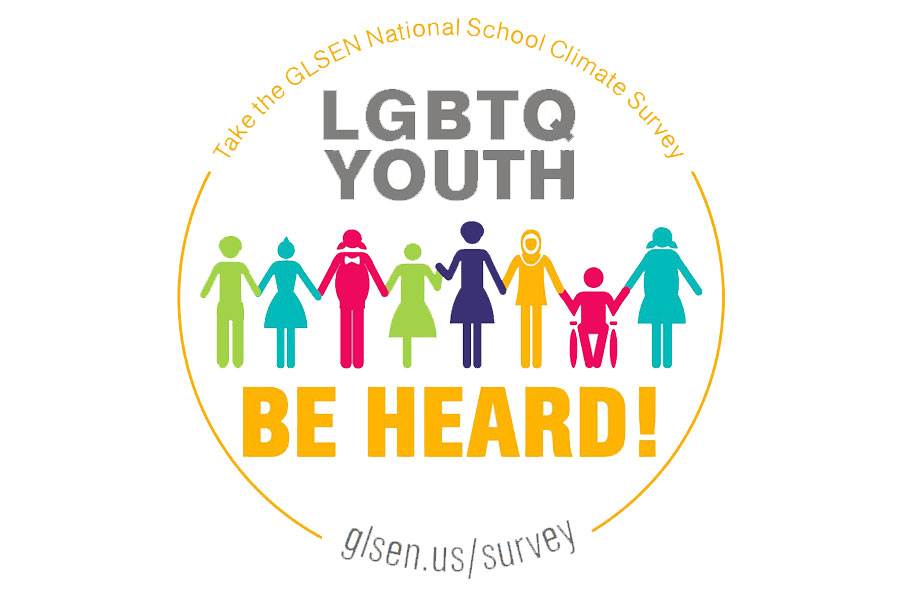The Gay, Lesbian and Straight Education Network, more commonly called GLSEN (pronounced “glisten”), has launched its 11th National School Climate Survey in its primary mission to ensure safe schools for LGBTQ students.
The 25-minute survey asks LGBTQ secondary-school students, ages 13 and older, to assess their experiences at school, with a focus on how often they’ve encountered homophobia from peers and staff.
One of the questions: “How often do you hear the word ‘gay’ used in a negative way at school?” The response includes a scale of “frequently” to “never.”
Held biennially since 1999, the GLSEN survey remains the only significant research on LGBT school climate.
“There was almost no research on the experiences of LGBTQ students,” said Joseph G. Kosciw, director of the GLSEN Research Institute. “And it was important for GLSEN to have data that showed the experiences that LGBTQ youth were having in secondary school, to better advocate for safer and affirming school environments.”
The anonymous survey functions as a fly on the classroom wall. Questions suss out indicators of a negative school climate — biased speech, victimization and discrimination — and determine the potential effects on students’ academic performance. The questionnaire also collects information on the availability and impact of in-school LGBT support groups.
Now with a 20-year sample at its disposal, GLSEN has the data to denote areas of the LGBTQ student experience that have sustained positive changes and where progress remains to be seen.
“Since 2007, we had seen a decline in the use of many types of anti-LGBTQ remarks, as well as anti-LGBTQ victimization,” said Kosciw. “However, considering the data from 2001 and 2017, it is evident that school climate remains quite hostile for many LGBTQ students.”
The results of GLSEN’s 2015 survey made local news, as Pennsylvania schools were deemed “not safe” for most LGBTQ students. The survey cited higher rates of discipline for students dressing in clothing inconsistent with their birth gender. It also reported that half of transgender students were denied requests to be called by their preferred pronoun, while two-thirds were prevented from using the bathroom corresponding to their gender.
Kosciw said GLSEN’s 2017 survey revealed even fewer positive changes than in 2015. However, he added, school administrators can serve as prime players in initiating a trend of tolerance.
“Results from our National School Climate Survey have consistently demonstrated the ways in which school-based supports — such as supportive staff, inclusive and supportive school policies, curricular resources inclusive of LGBTQ people and GSAs [Gay-Straight Alliances] — can positively affect LGBTQ students’ school experience,” said Kosciw.
As the only ongoing research specifically examining the high-school experiences of LGBTQ youth, GLSEN’s work has been instrumental in affecting national, state and local policies involving LGBTQ students.
Data from the National Student Climate Survey informed conversations preceding the repeal of Arizona’s “No Promo Homo” law, which prohibited health and sexual-education faculty from teaching LGB sexuality. The survey results also spurred the passage of an antibullying law in New Mexico and an LGBTQ-inclusive curriculum bill in New Jersey — the only state to adopt such legislation besides California.
